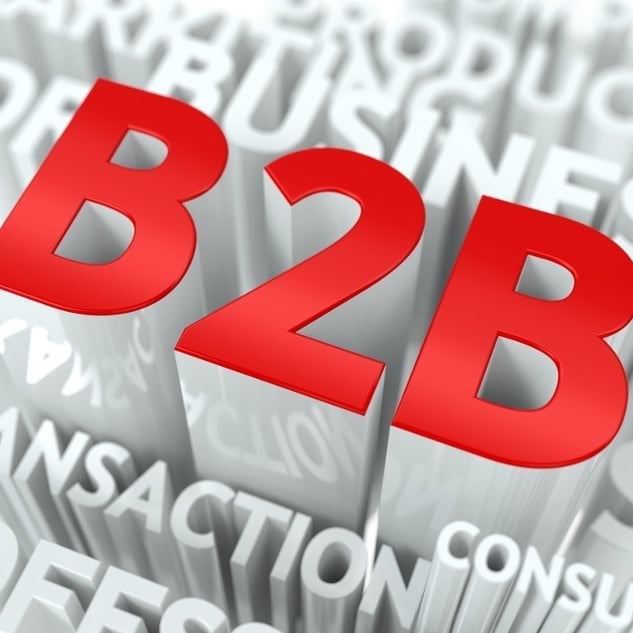
How Do You Measure the B2B Customer Experience?
 According to research completed over the past five years, by 2020 customer experience (CX) will be the single most influential factor for consumers as they make the decision to support one brand over another. It’s a telling prediction, and one that highlights consumers’ heightened expectations as technologies, social media and other personalized services increasingly cater to their demand.
According to research completed over the past five years, by 2020 customer experience (CX) will be the single most influential factor for consumers as they make the decision to support one brand over another. It’s a telling prediction, and one that highlights consumers’ heightened expectations as technologies, social media and other personalized services increasingly cater to their demand.
Saturated markets, and the competition that comes along with them, have forced companies to accommodate and even indulge consumers as never before, offering everything from 24/7 social listening to cold hard cash in bids to get business, as well as loyalty. And it’s not just an issue within the B2C community. The B2B sector is not immune, either.
In fact, it’s often more important for B2B companies to find ways to differentiate their B2B customer experiences and, thus, retain their clients since losing a B2B contract is often far more costly than losing a single B2C sale. With that in mind, B2B companies should not think twice about investing resources that assess and improve brand touchpoints along their customers’ entire journeys. They must ask for and respond to the feedback they get. Here are three ways to do it:
Customer Satisfaction Score (CSAT)
Customer satisfaction surveys are one of the quickest indicators of how a company is doing at a specific point in time. However, they are not good indicators of how a company will do in the future, as they only gauge consumer reaction to a single event (such as point of purchase or product support inquiry) and do not take in to account any circumstances that might occur in the future (such a competitor promotions or further product issues).
Customer Effort Score (CES)
A one-question survey, the CES survey asks customers to rate the amount of effort that they spent getting a response or resolution to an issue from a company. The lower amount of effort a customer spends, the more likely he or she will continue to do business with a company.
Net Promoter Score (NPS)
Where customer satisfaction scores measure one event at a time, the net promoter score can measure multiple ones with consumers using the breadth of their experiences with a company to influence their response to “How likely are you to recommend this company/brand to a friend or colleague?” Unlike the CSAT, the NPS can be a good indicator of future loyalty because B2B consumers are allowed to consider all of their B2B customer experiences. Answers are ranked on a scale from 0-10. Promoters choose 9-10, Passives choose 7-8 and Detractors choose 0-6. The percentage of Detractors subtracted from the percentage of Promoters is the Net Promoter Score.
Learn More
Measuring B2B customer experience starts with asking the right questions, followed by the right type of analysis. Let our team at Communications for Research (CFR) help you decide what to ask and when to ask it so that you get actionable results that can sustain customer loyalty and promote repeat business. To learn more, contact our team today.


